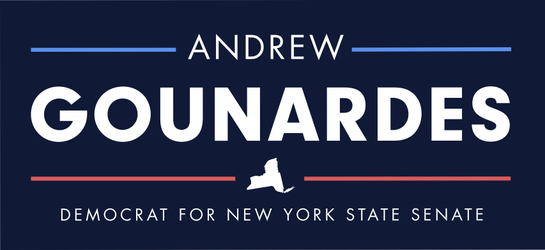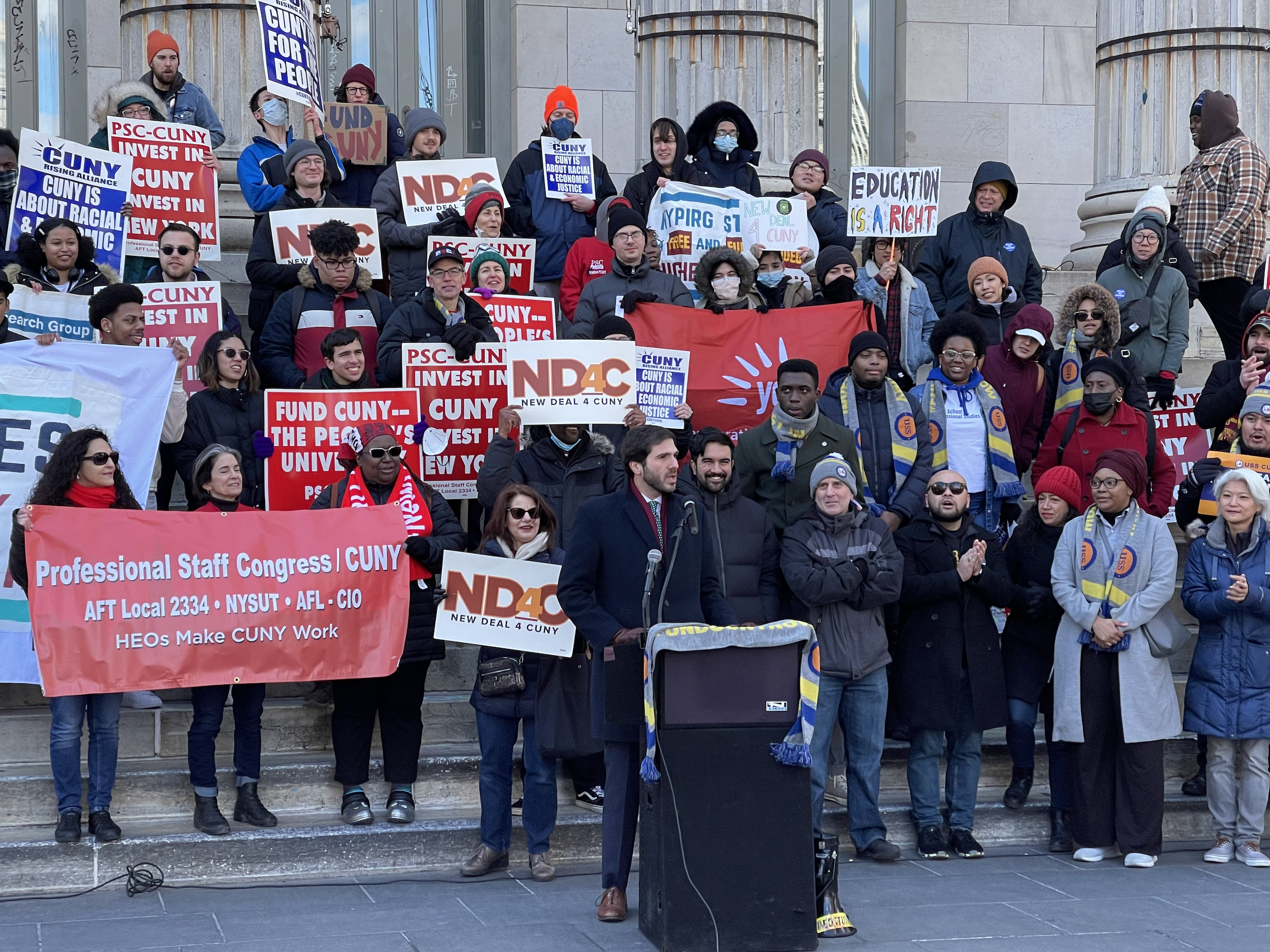|
Friend,
As you may have heard, this year’s state budget will be late. As we work to finalize it, I thought I’d shed light on this often very opaque process and explain how the state budget comes together every year.
(Sorry, this is a long one!)
First, it's important to explain that the legislature is not a co-equal partner in the budget process. Unlike what we may learn in 4th grade social studies about Congress and the federal budget, our state constitution places explicit control of the budget process in the hands of the Governor, which means that the Governor is responsible for submitting the budget to the legislature in the beginning of the legislative session. The Governor also has the authority to include policy proposals related to budget revenues and expenditures, and the legislature cannot alter or amend the budget submitted by the Governor except to eliminate or reduce a proposed spending item.
Despite this budgetary power imbalance, the actual practice of finalizing the budget involves the legislature to a large degree. There are two and a half weeks of joint legislative budget hearings. Each chamber of the legislature passes a budget resolution that reflects the budget priorities of that chamber — a budgetary wish-list if you will for both the senate and assembly. And the final budget product that is voted on is a reflection of negotiations between the governor and the legislature.
But just like the state constitution requires, the final budget product is still a bill submitted by the governor to the legislature to be voted on. And so, at the end of the day, if the legislature really wants something included in the budget, the governor must agree to include it in the final budget bill to the legislature. Likewise, if the governor really wants to include something in the final budget bill, the legislature is constitutionally powerless to prevent him or her from doing so.
There’s some strategic logic of supporting a budget compromise, even if we don’t love everything in the final budget. You might be reading all of this and wondering why the legislature can’t just walk away from a deal it doesn’t like. After all, the budget can’t be adopted without the consent of the legislature, so if we don’t like the final deal that is reflected in the budget bill submitted by the governor, we can reject it and start anew, right? Wrong.
The state budget needs to pass by March 31st to keep the lights of state government on. Nobody wants a government shutdown, least of all New Yorkers who depend on state government to process benefit claims, facilitate environmental cleanups, repair roadways and bridges, or even for their own paycheck.
If we don’t pass a budget and the state shuts down, the only way to reopen it is by passing a new budget that — you guessed it — needs to be sent by the governor to the legislature as per Article VII of the constitution.
This is where we are right now. Earlier this week, Governor Hochul submitted a budget bill to the legislature to continue funding state government for another week while we continue budget negotiations in good faith.
But, you can also see this playing out a different way. A strong-willed and impervious governor might insist on adhering to his or her original budget proposal and force the legislature to either accept it or keep the government shut down. We don’t have to engage in hypotheticals — this happened under Governor Paterson in 2010.
It's important to remember that while the Governor has significant control over the budget process, your voices as constituents still matter a great deal and can influence the final product. As your Senator, I'm fully committed to fighting for a budget that meets the needs of our community and tackles the affordability crisis we’re facing: universal childcare, expanded access to affordable healthcare, and the Working Families Tax Credit to reduce child poverty; universal school lunches and a New Deal for public higher education; funding for the MTA and a solution to our state’s housing crisis. |
|
|
I don’t know when the budget will be finished this year. We’re scheduled to go back to Albany next week to keep working. But while our negotiations keep going, I thought it would be helpful to break down the process and explain how I’m fighting to get the best budget for our communities.
If you have any questions about the budget process or specific priorities, write back and let me know! Whether it’s questions regarding my work in Albany or our community work in Brooklyn, I always want to hear from you.
In service,
Andrew |
|
|
|
|
|
|
|
Andrew for New York 725 70th Street, Apt C1 Brooklyn, New York 11228
If you believe you received this message in error or wish to no longer receive email from us, you can unsubscribe at any time by clicking here to unsubscribe. |

